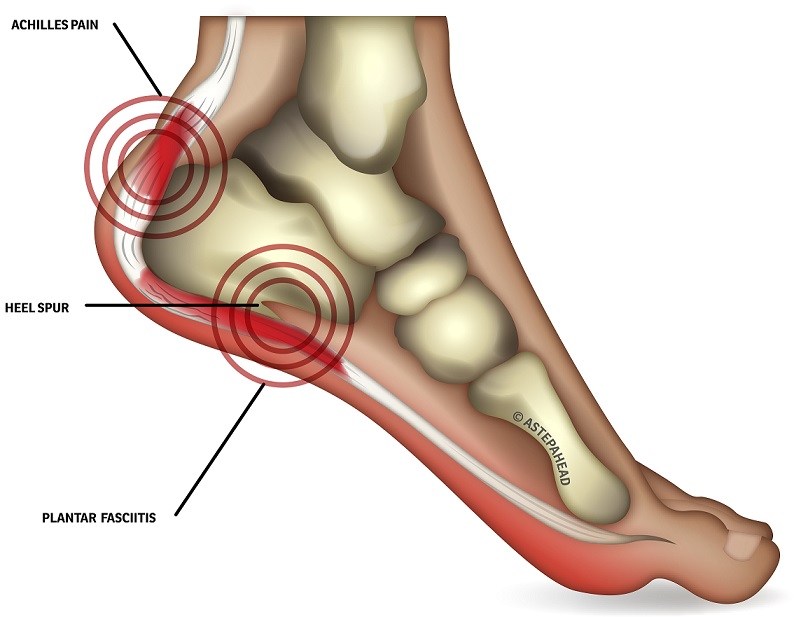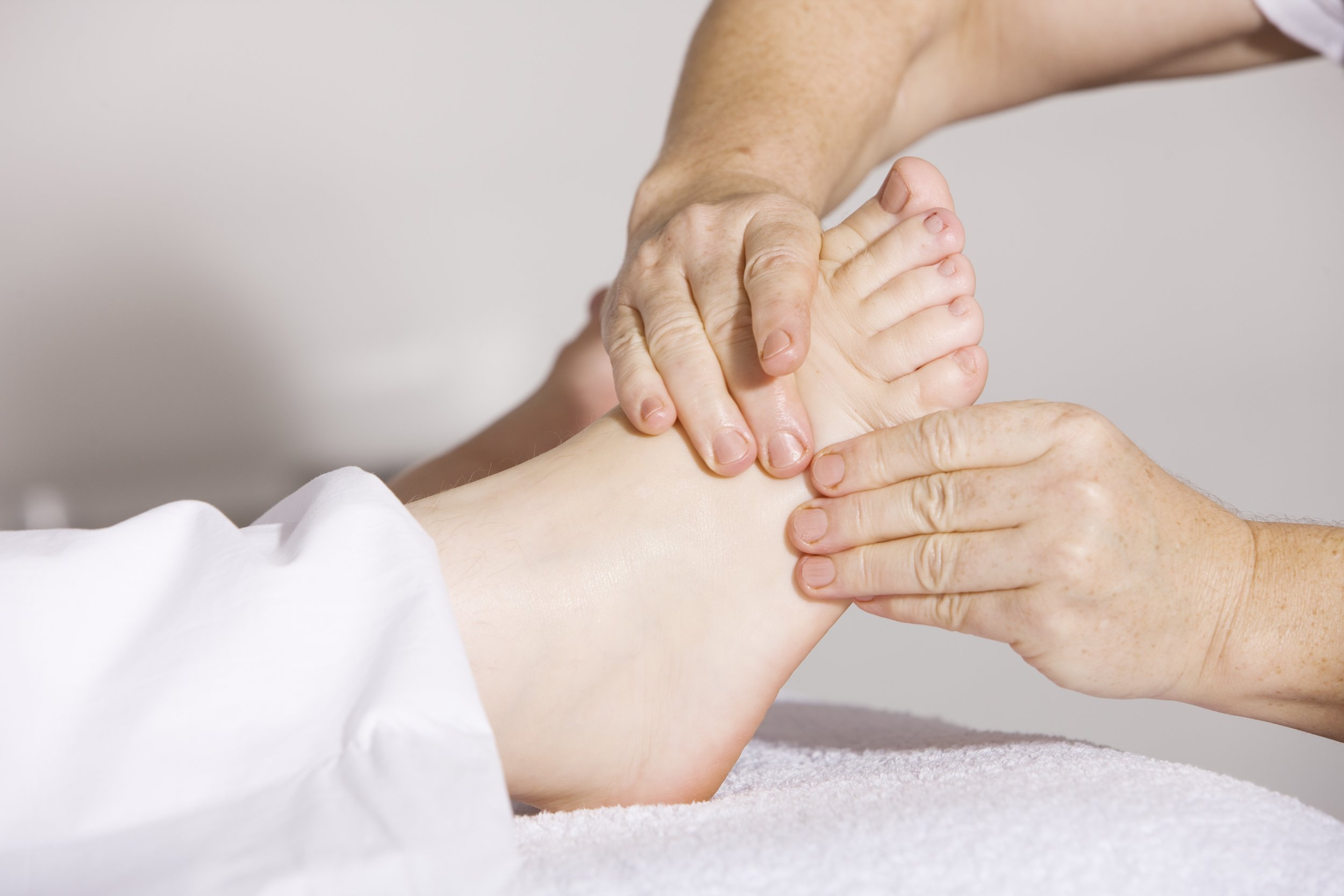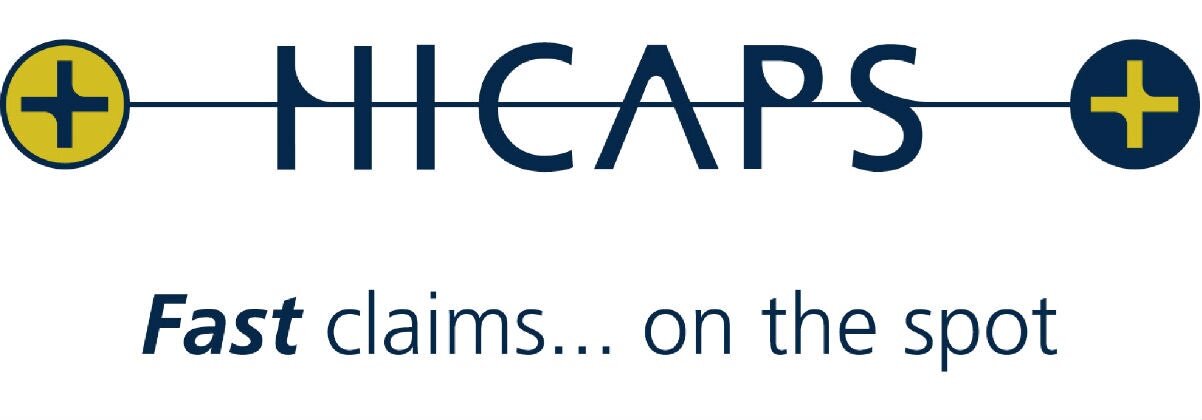What Causes Heel Pain?
Heel pain is a very common foot complaint and may involve injury to the bone, fat pad, ligaments, tendons or muscles.
Common Causes of Heel Pain
1) Plantar Fasciitis
The most common cause of heel pain is plantar fasciitis. This is a condition where your main arch ligament (fascia) becomes inflamed and causes pain.
More info: Plantar Fasciitis
2) Heel Spur
Plantar fasciitis can develop into a heel spur (calcaneal spur) over time when your fascia healing is delayed and bone is laid down in response to excessive through the injured soft tissue. Heel spurs are often related to flat feet or pes planus.
More info:
3) Achilles Heel
Achilles heel issues can be caused by the attachment of your Achilles tendon onto your heel. This can be due to tendonitis or a related Achilles tendinopathy. While not necessarily painful a ruptured Achilles tendon causes functional limitation such as an inability to rise on your toes, walk or run.
More info:
4) Other Tendinopathies
Peroneal tendonitis is a common lateral heel condition that is due to altered foot biomechanics or hind-foot control issues. Medially (inside of your heel) another tendinopathy known as tibialis posterior tendinopathy can cause heel pain.
More info:
5) Retrocalcaneal Bursitis
Bursitis is another source of heel pain. In particular, retrocalcaneal bursitis is common. It can cause pain in between your Achilles tendon, and heel.
More info: Retrocalcaneal bursitis
6) Posterior Impingement Syndrome
Heel pain can also be associated with conditions such as posterior impingement syndrome, which is common in dancers or athletes who need to plant their foot eg cricket fast bowlers. It can also occur in any athlete with a relatively unstable ankle eg poorly rehabilitated sprained ankle.
More info: Posterior Impingement Syndrome
7) Heel Arthritis
Your heel pain can arise from osteoarthritis affecting the subtalar joint or talocrural (ankle) joint.
More info: Heel Arthritis
8) Stress Fracture
Bone injuries such as a fracture can occur from a trauma such as a fall from a height onto your heel. Athletes, especially runners and landing sports, can also suffer overload fractures known as a calcaneal stress fracture.
More info: Stress Fracture
9) Children's Heel Pain
Sever's Disease
Sever's disease is a very common source of children's heel pain. Sever's is related to overactivity and overloading of the calcaneal growth plate.
More info: Sever's disease
10) Referred Sources
It is important to have you in thoroughly assessed to ensure an accurate diagnosis and subsequent treatment. Heel pain can also be referred by a pinched nerve in your lower back eg sciatica. This can be tricky to diagnose and requires the professional opinion of an experienced spinal health care practitioner such as your chiropractor.
Who Suffers Heel Pain?
Anyone can suffer from heel pain, but certain groups seem to be at increased risk, including:
Middle-aged men and women
Active people eg running sports
People who are very overweight
Children aged between 8 and 13 years
Pregnant women
People who stand for long periods of time.
Common Sources of Heel Pain
Some of the many causes of heel pain can include:
Abnormal walking style (such as rolling the feet inwards)
Obesity
Ill-fitting shoes eg narrow toe, worn out shoes
Standing, running or jumping on hard surfaces
Recent changes in exercise programme
Heel trauma eg. stress fractures
Bursitis (inflammation of a bursa)
Health disorders, including diabetes and arthritis.
HEEL PAIN TREATMENT
Most heel pain is caused by a combination of poor biomechanics, or muscle weakness or tightness. The good news is that heel pain can be effectively managed once the cause is identified.
Most heel pain can be successfully treated via:
pain and pressure relief techniques
biomechanical correction eg orthotics, taping, foot posture exercises
muscle stretches and massage
lower limb muscle strengthening
proprioceptive and balance exercises to stimulate your foot intrinsic muscles.
If you feel that your footwear or sports training schedule are potentially causing your heel pain, then we recommend that you seek the advice of a sports chiropractor, podiatrist or trained footwear specialist (not just a shop assistant) to see if your shoe is a match for your foot; or discuss your training regime to see if you are doing too much.
Heel pain and injury are extremely common. With accurate assessment and early treatment, most heel pain injuries respond extremely quickly to chiropractic allowing you to quickly resume pain-free and normal activities of daily living.
Please ask your chiropractor for their professional treatment advice.







